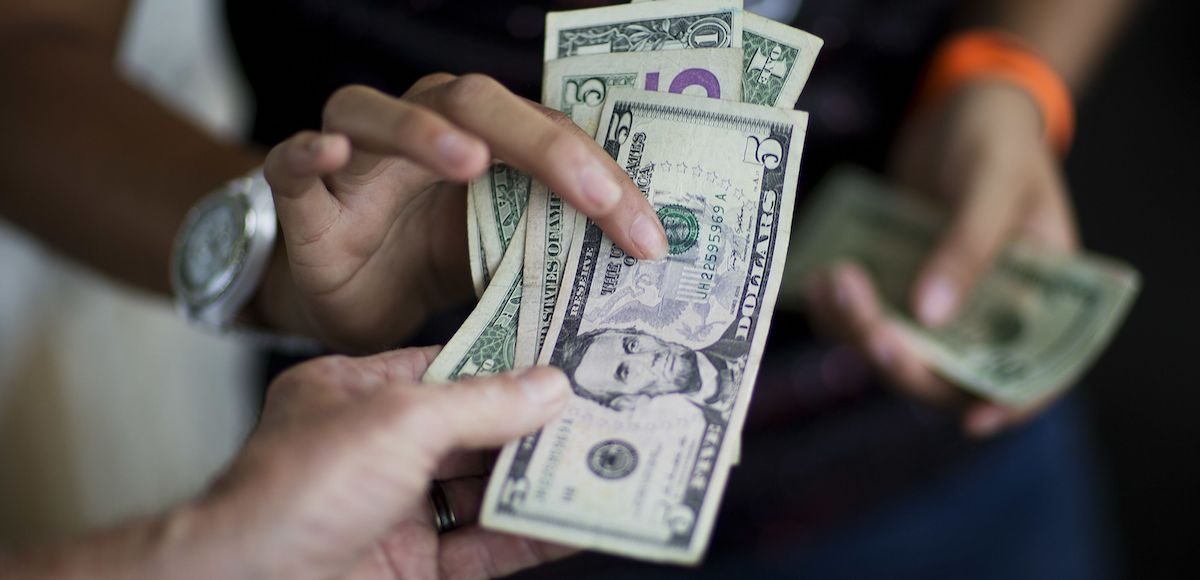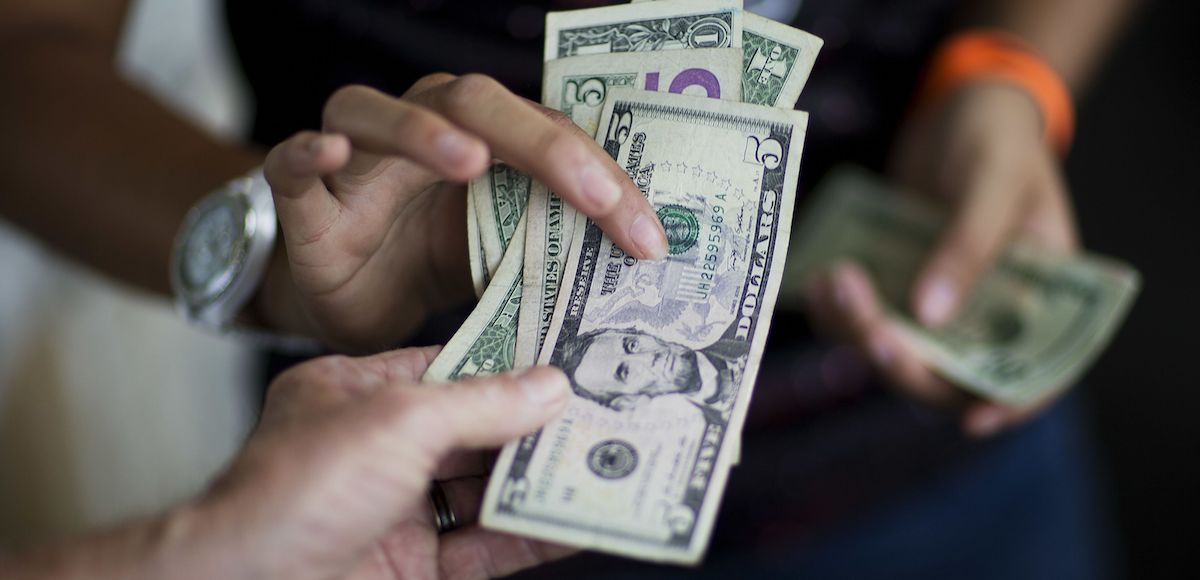

Consumer Spending and Consumer Sentiment. (Photo: AP)
The Survey of Consumers, a closely-watched gauge of consumer sentiment, rose in early March to its highest level since 2004 fueled by an all-time record assessment of current economic conditions. The Index of Consumer Sentiment rose to 102.0 from a preliminary 98.8, easily beating the median forecast and the 99.7 reading for February.
“All of the gain in the Sentiment Index was among households with incomes in the bottom third (+15.7), while the economic assessments of those with incomes in the top third posted a significant monthly decline (-7.3),” said Richard Curtin, chief economist for the Surveys of Consumers. “The decline among upper income consumers was focused on the outlook for the economy and their personal finances.”
The Current Economic Conditions rose from 114.9 last month to hit a new all-time high at 122.8. The Survey of Consumers shows working Americans are beginning to feel the trickle down impact of the economic turnaround.
The Index of Consumer Expectations declined from 90.0 to 88.6, as higher-income Americans fret over the impact of tariffs President Donald Trump imposed recently to protect U.S. producers and workers.
Consumers continued to adjust their expectations in reaction to these new economic policies.
“In early March, favorable mentions of the tax reform legislation were offset by unfavorable references to the tariffs on steel and aluminum-each was spontaneously cited by one-in-five consumers,” Mr. Curtain said. “Importantly, near term inflation expectations jumped to their highest level in several years, and interest rates were expected to increase by the largest proportion since 2004.”
However, the gains in expectations for a wage increase among lower- and middle-income Americans were somewhat offset by pessimism among higher-earners.
“These trends have prompted consumers to more favorably cite buying as well as borrowing in advance of those expected increases,” he continued. “While income gains are still anticipated, the March survey found that the size of the expected income increase returned to the lows recorded in the past year.”
Among the top-third income households, income expectations fell more and inflation expectations rose more. These households account for more than half of all consumption expenditures.
Worth noting, despite the strength in the Survey of Consumers under the Trump Administration, it has generally lagged other optimism gauges until now. The Conference Board Consumer Confidence Index soared in February to 130.8 (1985=100), up from 124.3 in January to a near 18-year high.
The Present Situation Index increased from 154.7 to 162.4, while the Expectations Index improved from 104.0 last month to 109.7.





